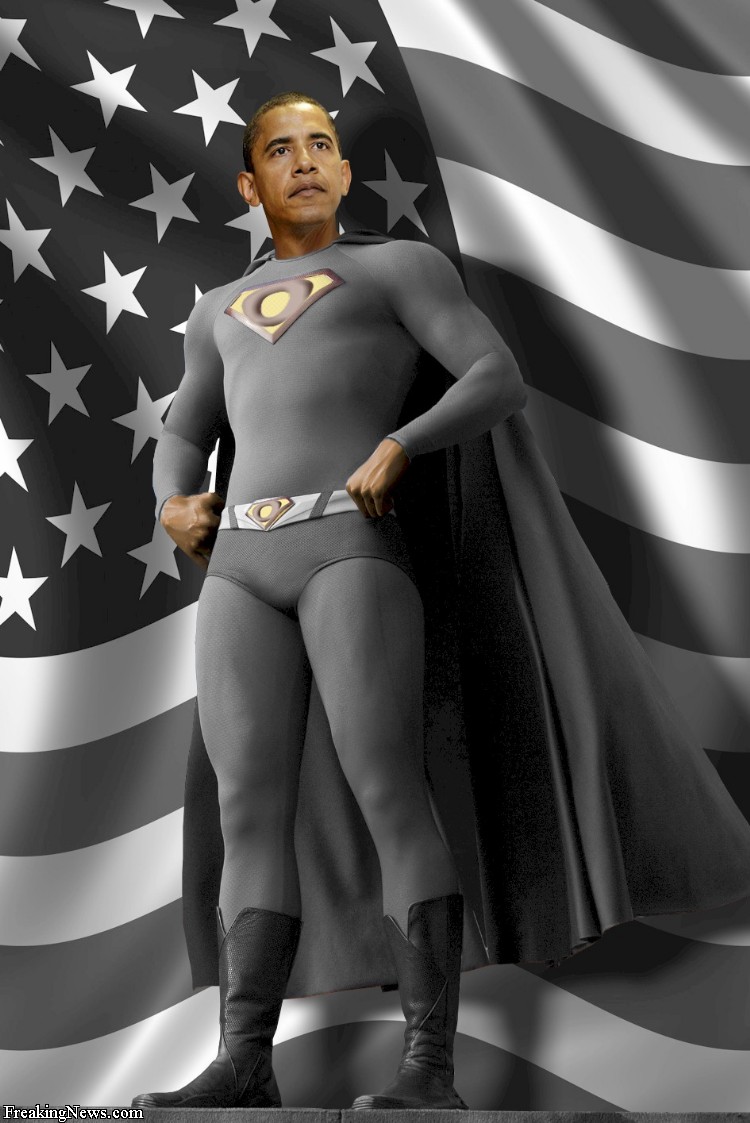Posted to BoingBoing by rushkoff, October 3, 2008 6:21 AM/ Title Link
Here's a great example of what we could easily call a "local currency" - that doesn't involve any of the bloody, anti-corporate revolution that detractors of this idea seem to think will attend any such effort.
A great, tiny organic cafe in my town,
Comfort, decided to expand to a second, larger location last year. The owner, John Halko, has been renovating the new space for a year, and - thanks to the credit crisis - has been unable to raise the cash required to finish and finally open. With currency unavailable from traditional, centralized money-lending banks, Halko has turned instead to his community - to us - for support.
Granted, this is a small town. Pretty much everybody goes to Comfort - the only restaurant of its kind on the small strip - and we all have a stake in its success. Any extension of Comfort would bring more activity, vitality, and commerce to a tiny downtown (commercially devastated in the 1970s by the chain stores and strip malls of automobile-friendly Central Avenue).
So Halko's idea is to sell VIP cards. For every dollar a customer spends on a card, they receive the equivalent of $1.20 worth of credit at either restaurant. If I buy a thousand dollar card, I get twelve hundred dollars worth of food: a 20% rate of return on the investment of dollars. Halko gets the cash infusion he needs to build the new restaurant - and since he's paying for it in 20% tab adjustments, it just comes out of profits. He gets the money a lot cheaper than if he were borrowing it from the bank, paying back in cash over time. Meanwhile, customers get more food for less money.
But wait, there's more: the entire scheme refocuses a community's energy and cash on itself. Because our money goes further at our own restaurant than a restaurant somewhere else, we are biased towards eating locally. Since we have a stake in the success (and the non-failure) of the restaurant in whose food we have invested, we'll also be more likely to promote it to our friends. And since we have already spent a big chunk of money on Comfort's food, we're more likely go get food there than dish out more cash for a meal somewhere else.
When it gets really interesting is when other businesses begin to accept Comfort's VIP card and dollars for their services as well. But even in its current, limited incarnation, it's easy to see how the math of an extremely simple alternative currency works, why its existence gets cheaper money into the hands of people who need it, and how it circumvents centralized control over commerce.
Admittedly, this isn't a Boingworthy phenomenon in itself. It's simply not "scalable" the way Internet and tech things are. It's a local activity. But it can be modeled by other communities, and the Internet is a great way to share these experiments in social hacking, measure their results, and mutate them further.
Posted to BoingBoing by rushkoff, October 3, 2008 6:21 AM/ Title Link
BUDDHA/ What a great and simple concept for rebuilding local economies and communities. This is reasonably similar to the way a CSA (community supported agriculture) Farm operates. How many other direct-investment opportunities exist in our own local communities?
We could begin very simply by diversifying our local investments, which spreads the risk at the same time it begins to engage investors in strengthening the businesses they support. Think of owner-operated companies and the way workers strive to improve customer loyalty and eliminate waste. With people directly invested in the economic health of the local scene they would have an incentive to work on improving things. This could be an expansion of the phenomenon of homeowners working for better schools, parks, trails, downtown revitalization, festivals, neighborhood watches, etc.
People involved in this would be inclined to assist the business owners by making suggestions and watching out for potential pitfalls. Some people with relevant skills may volunteer to sit on boards or offer their professional services at a reduced rate or even pro bono to increase the odds of their investment succeeding long-term.
There are numerous organizations which network business people to each other and reward them for referring business to one another. These organizations have mechanisms in place to ensure that people genuinely live up to their promises and provide quality and value with a high level of service. BNI uses the motto "Givers Gain" and I feel this sums it up well. These groups already provide the model. It would need some adaptation, but I believe it is a great foundation.
This model, over time, favors unique local businesses, which recirculate their money in the local economy. This is a fantastic step forward in a national landscape dominated by the suburban strip-malls and generic box stores of incomprehensibly large multi-national corporations, which economically strip-mine our communities. In a generation we could have truly unique and identifiable locations and culture replacing "Anywhere, USA".
In closing, we can and should be looking for ways of mutually supporting and uplifting each other. This should be the foundation of our economic bail-out: local networks of inter-dependent (even symbiotic) businesses and customer-investors recreating our national economy as countless interwoven local economies.
















